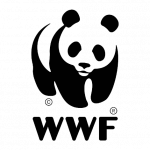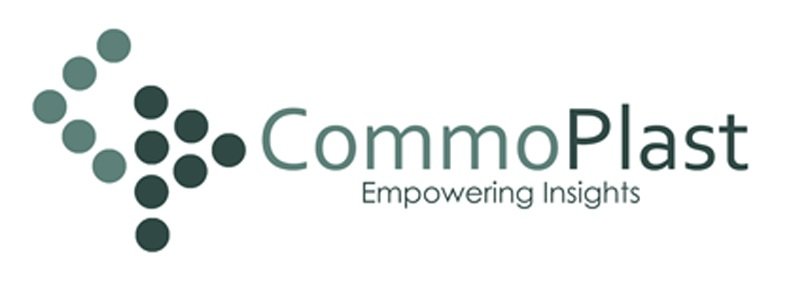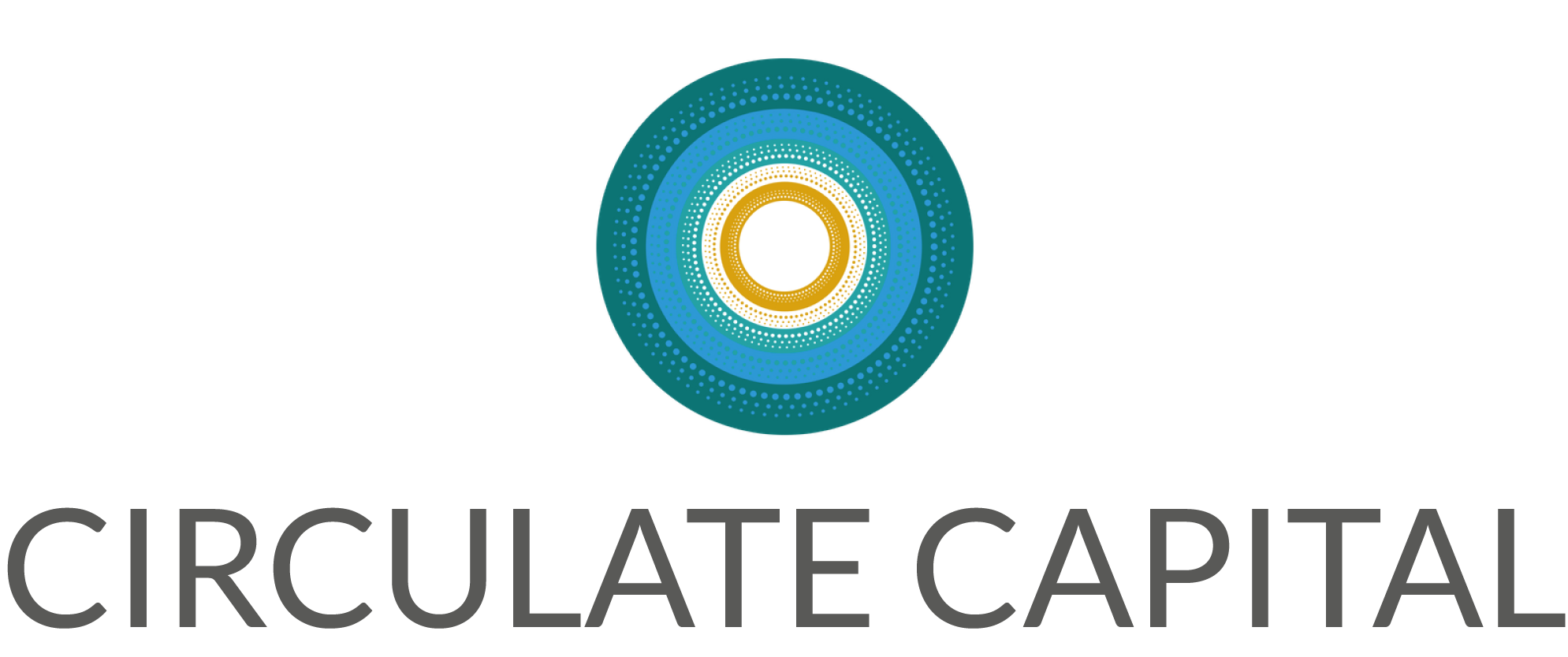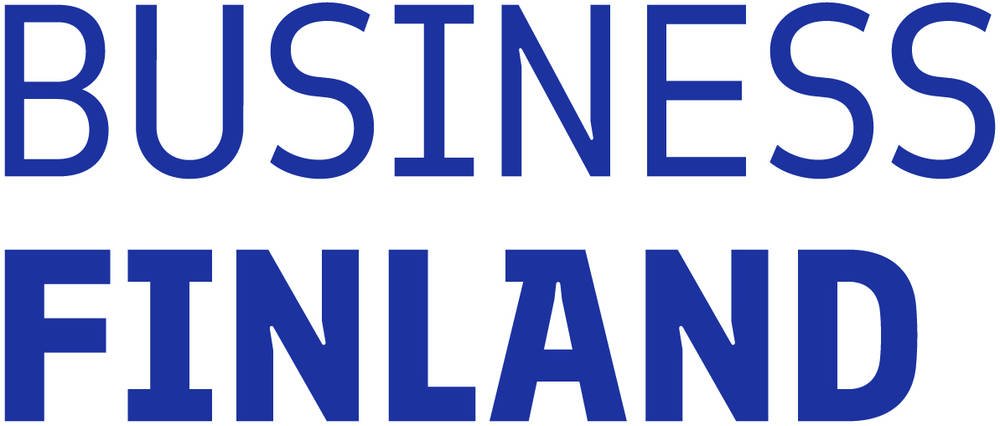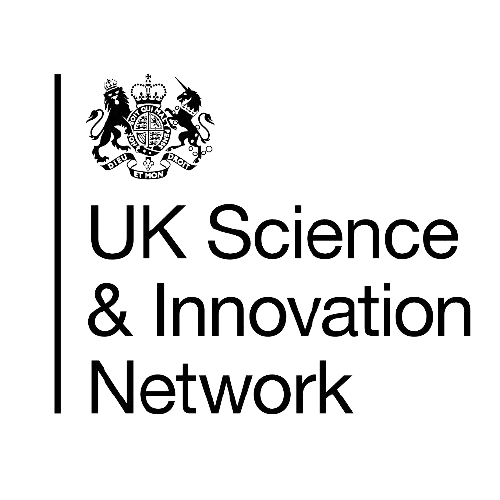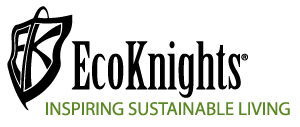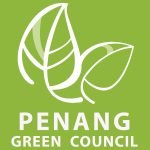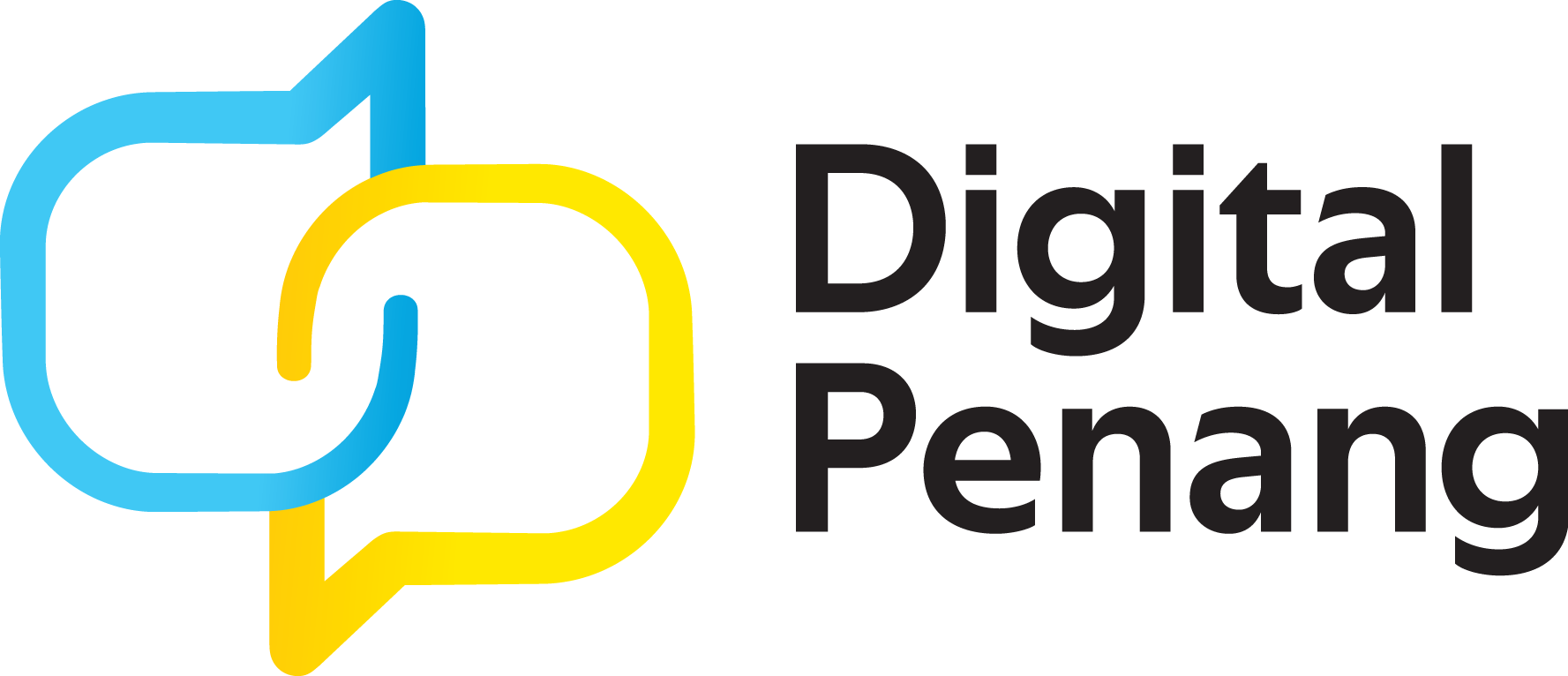UNPACKING THE FUTURE OF PLASTIC
Whilst plastic is fundamental to everyday life, plastic waste poses significant risks to ASEAN businesses. Sustainability is no longer optional but a business imperative. The unprecedented volatility brought on by the pandemic unwittingly created an opportunity for business leaders to drive meaningful engagements with environmental, social, and governance (ESG) strategists while keeping the business resilient. How can sustainability affect your business?
Join our leadership sessions along with a selection of subject matter experts sharing knowledge and insights to enable a transition to a more circular plastic future, aligning your organization’s sustainability strategies to reach your goals.
AGENDA
Wednesday 23rd June 2021, 2pm onwards
The plastic industry has been undergoing varied degrees of transformation due to a number of Mega Trends such as the Covid-19 pandemic and product and end-user specific existing and emerging trends. This session highlights the overview and the predictions for the plastics industry and how business leaders could take actions with the future outlook towards the circular economy of plastic, both upstream and downstream.
Bringing together the consumer insights as the agent of change, this session highlights consumer perception towards sustainability, household waste and plastic reduction actions. This session presents the latest findings of consumer attitudes towards sustainability, and how this shift in attitudes is affecting their relationships with brands.
WWF identifies the Extended Producer Responsibility (EPR) scheme as a critical and effective policy tool in holding manufacturers accountable for the end-of-life impacts of their plastic products and packaging. This session highlights EPR as a policy instrument across the region and how it encourages adoption of holistic eco-design among the business sector to accelerate a transition to a circular plastics economy.
Looking at the progress of organisational commitment towards the global plastic commitment aiming to drive transparency and consistency in data sharing on plastics. This session highlights the new Upstream Innovation guide that offers practical solutions to the plastic pollution crisis at its source.
The plastic stewardship initiative includes Guidelines for Corporate Plastic Stewardship and a Plastic Waste Reduction Standard. This session highlights the catalyst for corporate leadership to reduce plastic waste through internal and supply chain actions and by supporting collection and/or recycling projects to mitigate plastic waste that a company cannot address directly.
As the plastic industry moves toward new and sustainable methods and innovative design solutions, innovation is needed to disrupt and stay ahead. This session highlights how open innovation processes help to create a true cultural break from the silo mentality associated with the corporate R&D culture.
MEET THE SPEAKERS
IN CONJUNCTION WITH










